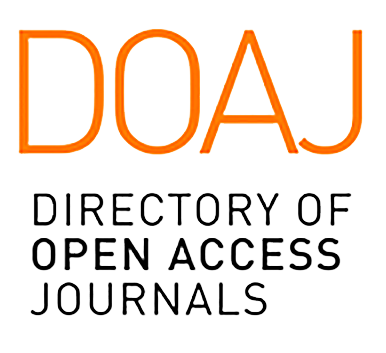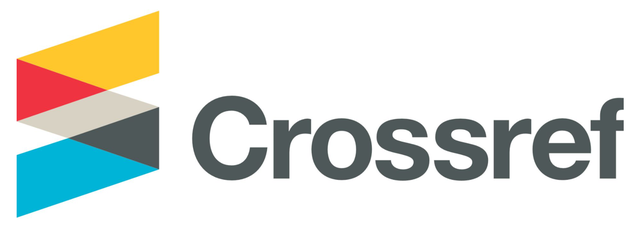

2708-9517






MLA Directory of Periodicals
REAO: East Asian Studies Journals
EBSCO Education
DOAJ
ProQuest
Google Scholar
Semantic Scholar
ROAD
BASE
Helka Helsinki Library
Baidu Scholar
Ex Libris
Jouroscope
US Department of Commerce Research Library

蔡薇
卡尔加里大学,加拿大
ChatGPT 在汉语学习与教学中的应用得到了较为广泛的关注。初期讨论多集中在 ChatGPT可以执行的任务,如生成学习材料与测试题、提供信息与帮助、充当对话伙伴等 (Cai, 2023a)。这一阶段是 ChatGPT 的表层应用。在此基础上,我们需要更深入地探讨 ChatGPT 为语言习得创造的条件( 蔡薇, 2023;蔡薇,即将出版),开展实证研究,细致而深入地了解使用 ChatGPT对学习过程和结果的影响,并针对具体方面、结合理论及实证证据在语言学习与教学中应用ChatGPT。这一阶段是 ChatGPT 的理性应用。当 ChatGPT 或其他替代智能工具成为语言学习与教学中的“正常事物“ (“normalised” , Bax, 2003, p. 25) ,并“润物细无声地影响着汉语学习与教学”时( 蔡薇, 2023),这个阶段应该是 ChatGPT 的隐形应用。我们当前应该处在第一到第二阶段的过渡。本专刊展示 ChatGPT 在汉语学习与教学领域中的实证研究和具体应用,包含五篇文章。
The Application of ChatGPT in Chinese Language Learning and Teaching
Wei Cai
University of Calgary, Canada
The application of ChatGPT in Chinese language learning and teaching has garnered significant attention. Initial discussions focused on the tasks that ChatGPT can perform, such as generating learning materials and test questions, and acting as a conversational partner (Cai, 2023a). This phase represents the superficial application of ChatGPT. Further exploration is necessary to deeply understand the conditions that ChatGPT creates for language acquisition (Cai, 2023; Cai, forthcoming) and the impact of the use of ChatGPT on the learning process and outcomes. This stage should become the rational application of ChatGPT, aligning with theoretical and empirical insights in language education. When ChatGPT or other alternative artificial intelligence (AI) tools become “normalised” in education (Bax, 2003, p. 25), affecting learning and teaching in subtle but profound ways (Cai, 2023), we enter a phase of invisible application, embedding AI seamlessly into our teaching practices. We are currently in the transition from the first to the second stage.
This special issue features five articles focused on empirical studies and/or specific applications of ChatGPT in Chinese language learning and teaching. These studies demonstrate ChatGPT’s potential and current limitations as well. Through this special issue, we hope to show more targeted applications of ChatGPT, based on more empirical evidence, while integrating the insights of second language acquisition and teaching.